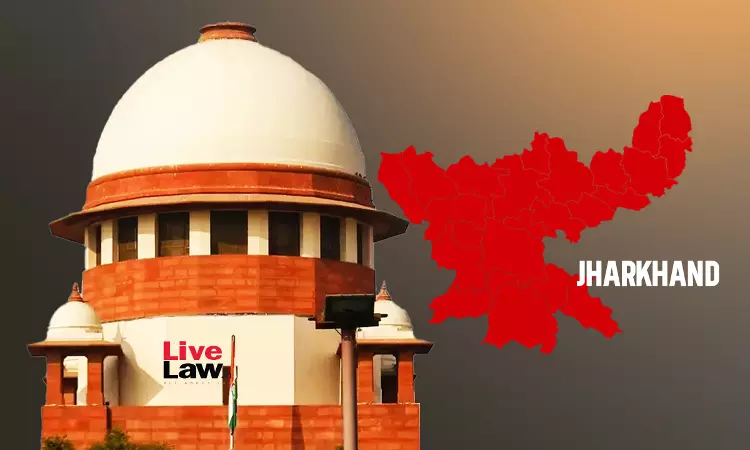Supreme Court Adjourns Jharkhand Govt's Plea Against CBI Probe Into Mining Case
Anmol Kaur Bawa
12 Nov 2024 3:54 PM IST

Next Story
12 Nov 2024 3:54 PM IST
The Supreme Court today (November 12) adjourned by two weeks the plea of Jharkhand Government challenging the High Court's order for a CBI investigation into alleged illegal stone mining and attack on protesting villagers and complainant in Sahibganj district The case involves alleged close associates of the incumbent Chief Minister of Jharkhand Hemant Soren. The CBI has filed an FIR against...
